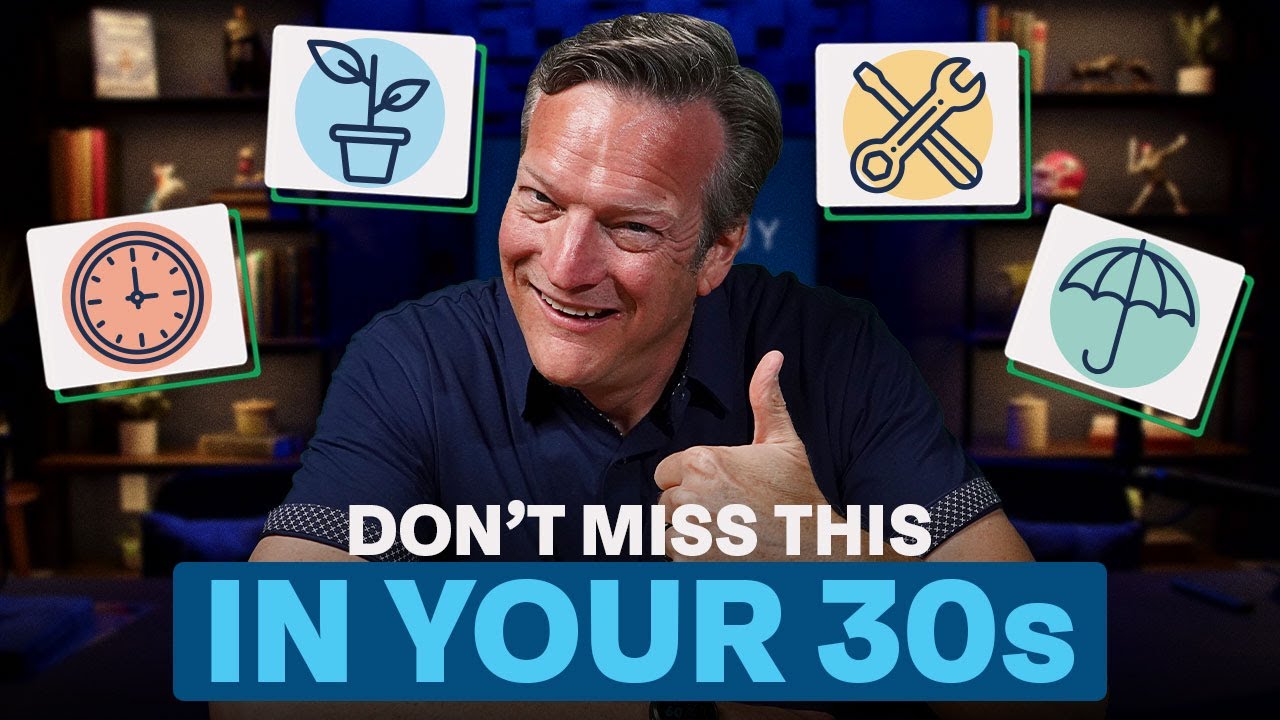So, we talked about how prices have skyrocketed, right? That was the one that was outside of our control. This next reason, why a lot of Americans are bad at saving money, again, this is on us. This is a behavioral thing. We have not figured out how to practice deferred gratification, and I think deferred gratification is maybe one of the absolute best financial skills, best tools that we can have in our financial toolkit. This makes complete sense. Present bias is a real thing. Instant gratification is... look, it's the same way with dieting or eating. If I can go eat a Big Mac, it makes me feel so good instantly. When I'm eating, it's only 30 to 45 minutes later that I go, "What the heck was I thinking?" Well, it's the same thing with most things financial. We could go out, whether it's going out for a good time with your friends or, in the moment, you buy a little bit nicer car so that you look really cool, or that outfit that you go buy for yourself for the weekend. All that stuff feels so good, whereas if I tell you deferred gratification, investing in your Roth IRA and other things, you're like, "What? I don't get to do that for 20-30 years. Where's the benefit?"
So here's what our guidance is: I want you to make the good habits easy and make the bad habits hard. But what do we mean by "make good habits easy"? Yeah, what you want to do is you essentially want to make them automatic. If there's something that you want to be doing, figure out how you can structure in your life for that to be an automatic thing that takes place. Saving money is a really great example. If you want to be a good saver and you want that to be a good habit and you want to make it easy, focus on paying yourself first. Go ahead and set up, as soon as your paycheck hits, you want your Roth IRA to be funded, you want your 401k contribution going, you want your HSA contribution to happen. You want to pay yourself first and spend what's left over, not spend for yourself first, try to save what's left over. That's not making the good habit easy.
And then the way I like to talk about making bad habits hard is, I just go ahead and allocate the money before it has a chance to be spent. What I'm talking about is a concept I call forced scarcity. Anytime I've gotten a pay raise or have additional income coming in, I squeeze that, and you can take an example of a 60-40 split. 60% goes to expanding my automatic savings and investments, 40% goes towards lifestyle. What this does is it keeps you still expanding your financial mutant status and investing in yourself, investing for the future. And then, as your spouse and others are trying to squeeze you to go spend more, get that instant gratification moment, there's just not dollars there to do it. You made the bad habits hard because the money was already allocated somewhere else. You too can take advantage of this, and this is like most things, though. It sounds hard at first, but the more you do it, the easier it becomes. It's like working a muscle. That muscle will actually get stronger. So it's okay to start small. Maybe you're not trying to max out your 401K tomorrow, but maybe instead of going out for lunch every day this week at work, you're going to pack your lunch. Yeah, you're going to make that small decision to make that an easy habit to continue to carry out.
I think, you know, that ties into what you just said. What can you do? Like pack your lunch. Small decisions can lead to big things, bro. That's the thing. Whenever you go to any type of counseling or you see a therapist, the first thing I do is talk about changing your mindset, changing that inner voice. And that's what I want to tell you. A lot of us, I think, need to refocus. What is your priority? And I want you to train your inner voice to ask yourself, "What small decision am I making today that will impact not only the happiness of what's going on right now, but also that Great Big Beautiful Tomorrow moment?" And that could be starting that Roth IRA. It could be saving fifty dollars a paycheck. I just want you to do something. I don't care how small it is, just start the pebble rolling forward, and you'll see that this can build into something tremendous, and not too far in the distant future.
And then here's the last little bit: Don't just focus on your finance. If you're proving to be undisciplined in your financial life, there's a good chance you're undisciplined in other areas of your life. Maybe you're not exercising the way you want to be, maybe you're not drinking enough water, maybe you don't have the healthiest diet. If you can focus on deferred gratification and all of these other areas, you'll be amazed at how they stack on top of each other. Small decisions in one area of your life can have impacts even in other tangential areas of your life that you weren't even expecting. Well, it's funny you said, I know whenever I, you know, say you go through a New Year's resolution moment, you go exercise, sure. It's amazing when you start exercising more, all of a sudden, your dietary decisions, you're like, "Yeah, I don't need the potato chips. Now I'll actually just go grab an apple instead." It does seem like they start stacking on top of each other. The good habits attract other good behaviors. I think that's an important thing. Even though it's outside of finances, it's amazing how good things attract other positive behaviors, and you can build upon them.













